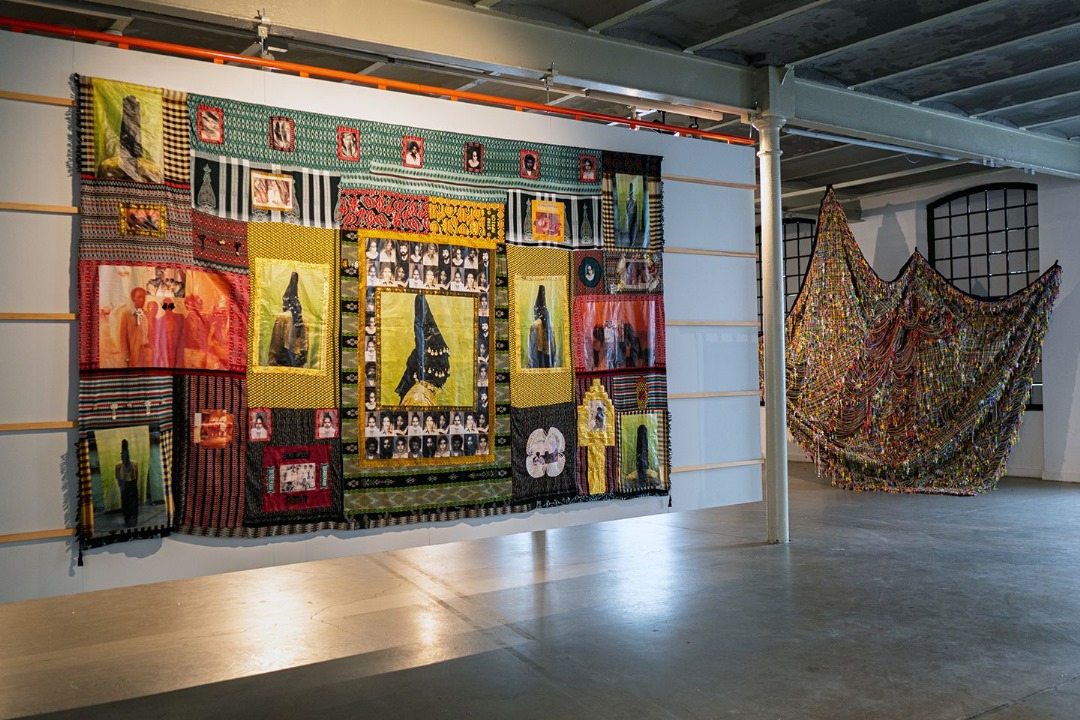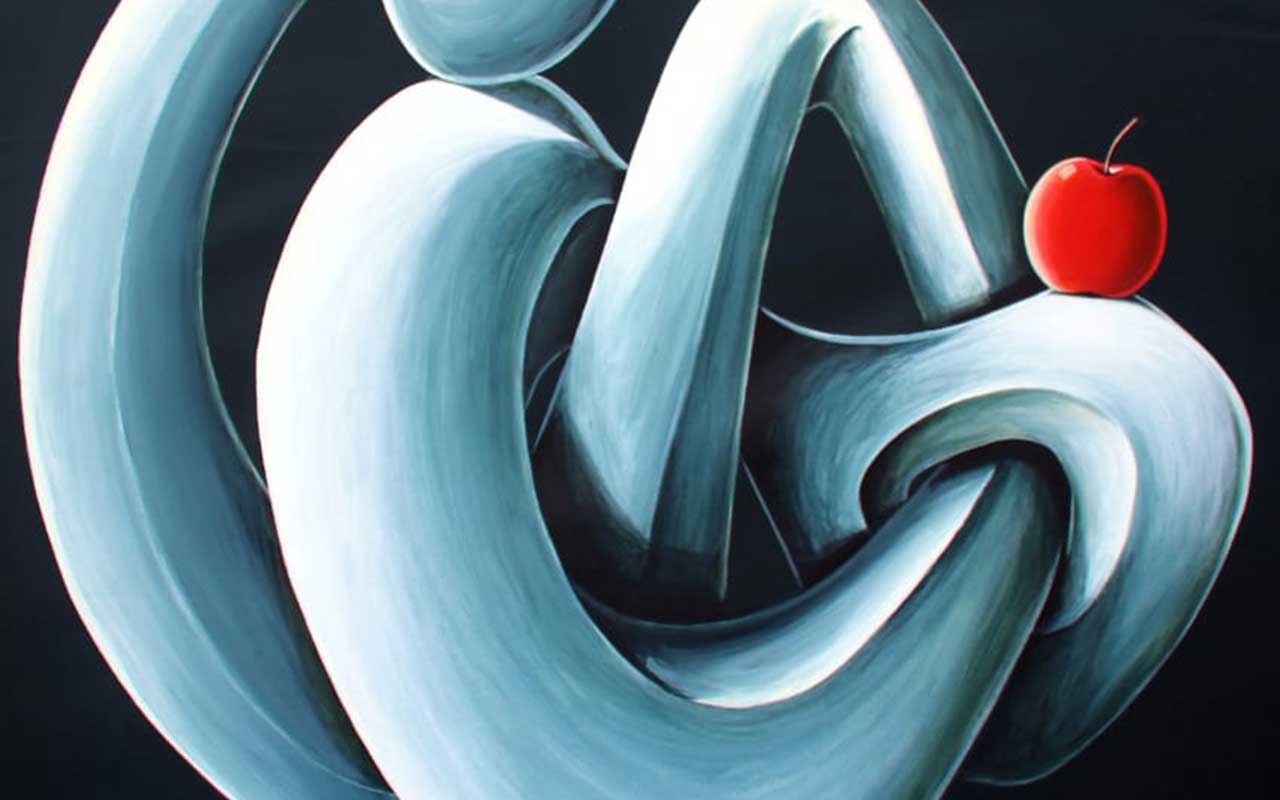
In the profound words of Chinua Achebe, often regarded as the father of modern literature, “Until the lions have their historians, the history of the hunt will always glorify the hunter.” In a contemporary context, Ifeoma Ebo, a Nigerian-American Transdisciplinary Designer based in Brooklyn, New York, chronicled Africa’s history in her captivating art pieces, which delve into rich themes of ancestral intelligence, African folklore, and cultural heritage.
Each piece serves as a visual exploration of collective healing and visionary futures, inviting art enthusiasts to embark on a transformative journey through time.
Ebo’s work emphasised the significance of reclaiming narratives and honouring the depth of African traditions, making a powerful statement about identity and resilience in today’s world.
The exhibition, which took place at the CPDI Africa Gallery and Research Centre, AUST Campus, Abuja, sparked a conversation about the deep yearning of the diaspora to get in touch with their roots and cultural authenticity.
In an interview with The Guardian, designer Ifeoma Ebo highlighted how the exhibition utilises artificial intelligence to emphasise the significance of incorporating cultural heritage into architectural designs.
She accentuated the global appeal of Nigerian culture, pointing out its vibrant presence in various countries and cities, including Brazil, Brooklyn, New York, and several European nations.
Ebo emphasised that the exhibition aims to honour and inspire both young and accomplished women, much like her mother. Her mother’s tenacity in pursuing her dreams serves as a remarkable example of how determination can lead to significant achievements.
“After thorough research in Igbo cosmology, I discovered that women are at the center of it. If you look through each set of pieces, I showcased women as confident in their natural hair and glory. I saw my mother play her role and also the role of a father. I grew up amongst great, tough, and accomplished women. The exhibition pays homage to these women and gives them space to heal and be soft and feminine again. The authenticity in African design is so profound that it should always be celebrated,” she said.
Dr Nmadili Okwumabua, founder and Director of the Community Planning and Design Initiative Africa (CPDI), praised Ebo’s artwork for its deeply Afrocentric nature and poetic effect.
She emphasised the critical need for Africans to integrate their rich cultural heritage into architectural practices, arguing that such an approach is essential for sustainable development and the preservation of identity.
Nmadili called upon governmental authorities to establish robust policies to safeguard these cultural expressions, ensuring that they are not only preserved but actively promoted to prevent them from fading into obscurity.
She called for policies that can help in curbing the housing deficit, which poses a significant barrier to progress and stability within many African communities.
Additionally, she advocated for the introduction of Afrocentric concepts into educational curriculums at all levels, from primary education to tertiary institutions. According to her, incorporating these ideas into academia will nurture a greater appreciation for African culture and heritage among the youth.
In her words: “Ebo’s creations are profound, aesthetically captivating, and imbued with lyrical beauty. Her artistic vision aligns perfectly with my own, particularly regarding the necessity of developing infrastructures that narrate the African experience. I envision Africa as a modern Garden of Eden, filled with spaces designed for healing, meditation, and spiritual relaxation. The government must prioritize the construction of schools and public buildings that reflect Afrocentric architectural styles, articulating our cultural philosophies and values.”
Another prominent figure in attendance, Lanre Olusola, who serves as the President of the AIA (American Institute of Architects) for Sub-Saharan Africa, highlighted the significant role of Ebo’s work in the broader dialogue surrounding the African Renaissance.
He remarked on how Ebo’s projects weave together themes of rest, healing, and cultural heritage elements that he believes are vital in a world where restorative practices are increasingly recognized as essential for both personal and communal well-being.
Olusola also pointed out a promising trend among the youth in Nigeria and the diaspora, noting their growing interest in exploring and embracing their cultural authenticity and roots.









